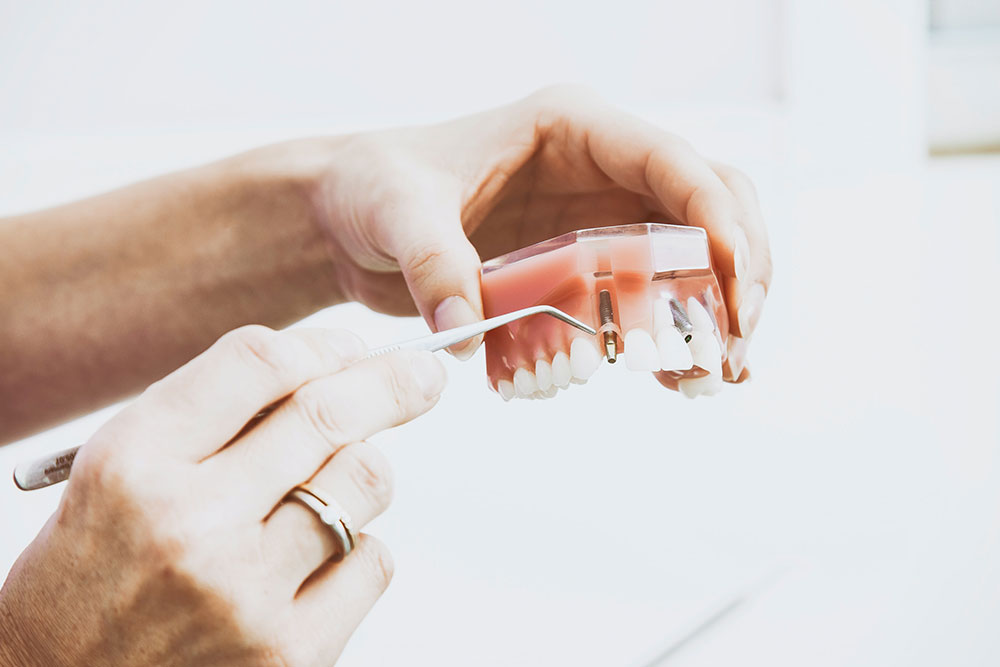Many of the top dental schools in the world are found in Europe: the home of modern medicine. It is no surprise that every year hundreds of UK students are making the decision to study dentistry in Europe, at our partner universities. As a result of the significantly lower tuition fees, and reduced entry requirements, studying dentistry in Europe has become increasingly more appealing to students in the UK.
Students now have the ability to study in Europe and practice in the UK without any obstacles. Our graduates attain a Masters degree in Dental Medicine, whilst in the UK you would only graduate with a Bachelors degree. Making it a step up from the universities in the UK.
Through studying in Europe, our partner universities offer the most hands-on experience possible, right from the start and provide more clinical experience than you would find elsewhere.
The benefits of studying in Europe are numerous, actualising your dreams by studying dentistry are just the tip of the iceberg. With studying abroad comes the opportunity to travel, to immerse yourself in new languages and enrich yourself in cultures previously unknown to you.
So start your journey with Med Guide Europe today, and let us connect you to your potential!
- Globally recognised medical degrees
- You can apply without an entrance exam
- Less competition for entry
- Unlimited university applications
- No complicated entrance exams
- Wide variety of options
- Affordable tuition fees and living costs
- International student environment
- Modern facilities and teaching technology
- Ability to return home and practise as a physician
Dentistry Degree Structure In Europe
The following study processes are involved in studying a degree in Dentistry in Europe:
Pre-Clinical
Clinical
Internship
Pre-Clinical
Students that start their course in medicine in Europe are required to learn the basic topics of the medical sciences that includes Anatomy, Chemistry, Biology, Biochemistry and Physiology. Learning and mastering these subjects helps students understand how the human body works when the body is without any pathology. These foundations are built upon in the later clinical years of a student’s medical studies.
- Usually lasts for the first 2 years of the medicine (MD) course.
- Learn how the human body works in order to understand how to treat it.
- Receive assistance through Med Guide Europe student representatives who have completed this stage.
- Receive valuable guidance and resources through Med Guide Europe that will help you through your studies.
Clinical
This program encompasses periodontology, prosthodontics, endodontics, and ornamental dentistry; students undertake supervised training to enable them to confidently and constantly deliver largely aesthetic treatment issues harmonious with oral health. The program is delivered in collaboration with Med Guide Europe and is aimed at professionals who intend to expand on being knowledgeable and skilful, students develop an understanding of the different conditions essential to the provision of ethical, predictable, and substantiation-grounded treatment.
Internship
The internship experience is an essential part of your education in Dentistry. Sure, there are externships available in your home country, but why not broaden your global outlook by entering some of your hands-on training overseas?
By experiencing a Dentistry externship abroad you’ll gain a better appreciation of global healthcare issues while providing an important service to a particular community. As part of your externship, you’ll work directly with highly qualified Dentists, so you can grow your own knowledge and skills while helping those in need of great dental care.
When you go overseas you’ll have openings to see how experts watch for dental and periodontal conditions that are less common at home. This inestimable experience will give you insight and a competitive edge.
Frequently Asked Questions
Becoming a dentist abroad involves first going to dental school and completing an internationally recognised dental degree. From there you’ll need to fit country specific criteria. This may involve registering to acquire a licence or sitting further exams.
If you want to become a Dentist in the UK, for example, you’ll need a Bachelor of Dental Surgery (BDS) or Bachelor of Dental Surgery (BCHd) that’s approved by the General Dental Council (GDC). You’ll also need to complete foundation training.
Most other countries operate similarly.
The short answer is whatever country is most suited to you. You can pick up internationally recognised dental qualifications in almost all countries. The “best” comes down to your own unique needs and circumstances.
From a rankings perspective, the UK and the US score high when it comes to the standard of education offered (Source). Ask most dental professionals however and they’ll tell you different answers. Great Dentists come from all corners of the world.
In terms of value for money and reputation, Europe’s dental schools are definitely up there. Graduates from schools all over the continent go on to have very successful careers in the UK, the US and beyond.
The best country often comes down to the place you feel most comfortable and are able to work and train to the best of your abilities.
The universities we work with at Med Guide Europe are definitely among them.
There are several countries where you can study Dentistry abroad in English. In Europe some of the more popular choices include:
- Armenia
- Georgia
- Bulgeria
- Romania
- Poland
Depending on the program, it can take anything from 4-6 years to become a Dentist studying at a European university.
The most common programs (that directly take school leavers) are 6 years in length. While there are a few shorter (4 or 5) year programs in existence too.
In the last few years, “graduate” Dentistry courses are becoming more popular. These usually require having previously completed a science-based degree first.

